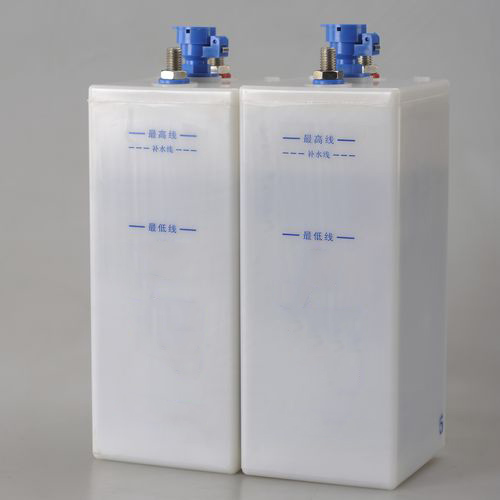While NiCd batteries are known for their long life and reliability, achieving optimal performance requires attention to installation, operation, and maintenance. This article will provide insights into maximizing the lifespan and efficiency of NiCd batteries.
1. Proper Charging Techniques
NiCd batteries require proper charging methods to prevent capacity loss and extend life:
- Avoid memory effect: NiCd batteries can suffer from memory effect if repeatedly charged without being fully discharged. To avoid this, perform a complete discharge cycle occasionally.
- Fast vs. slow charging: While NiCd batteries can tolerate fast charging, it’s best to use slow charging whenever possible to minimize heat generation.
- Use a smart charger: A smart charger that can detect the state of charge (SoC) will prevent overcharging and prolong battery life.
2. Temperature Management
NiCd batteries are sensitive to temperature extremes:
- Avoid overheating: Prolonged exposure to temperatures above 40°C can degrade battery performance. Ensure proper ventilation and cooling in battery rooms.
- Low temperatures: While NiCd batteries perform well in low temperatures, charging at temperatures below 0°C should be avoided to prevent damage to the battery.
3. Regular Maintenance
- Electrolyte level: Periodically check the electrolyte levels in the battery cells and top up with distilled water as necessary. Always follow manufacturer recommendations regarding electrolyte maintenance.
- Capacity testing: Perform regular capacity testing to ensure that the batteries are still holding a charge at their rated capacity. If the capacity drops below a certain threshold, replace the affected cells.
- Equalization charge: Perform an equalization charge after several normal charging cycles to balance the voltage levels across all the cells.
4. Battery Life Extension Tips
- Discharge depth: Limit the depth of discharge to around 20-30% of the battery’s capacity to increase its life span. Avoid deep discharges when possible.
- Rotation of usage: In systems where multiple battery banks are in use, rotate their usage to prevent uneven wear.
- Storage: If NiCd batteries are not being used, store them in a charged state in a cool, dry environment to prevent self-discharge and degradation.
By following these best practices, NiCd batteries can provide long-lasting, reliable power for various applications.


